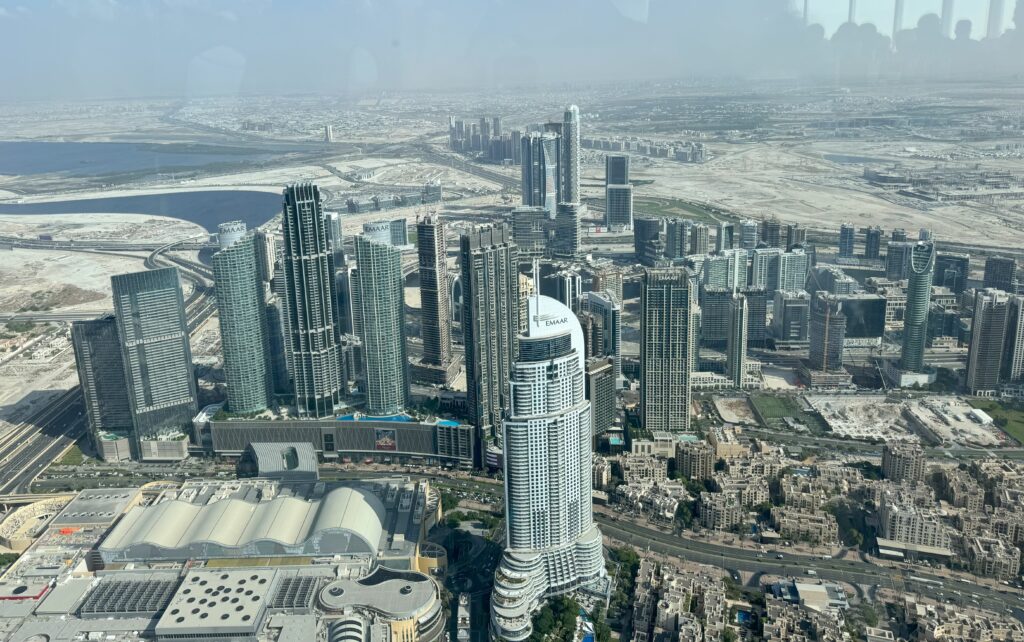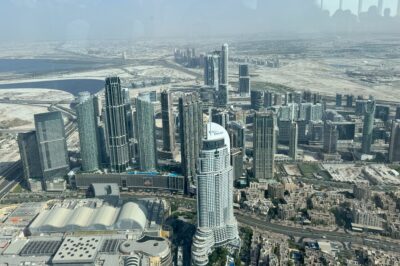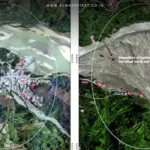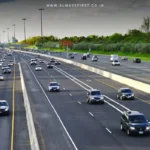
Dubai, known for its luxury lifestyle, iconic skyline, and status as a global business hub, is witnessing an unprecedented surge in its expatriate population. With more than 85% of the city’s population now consisting of expatriates, this demographic shift has driven economic growth and diversification. However, it has also placed immense strain on the city’s infrastructure, creating challenges in housing, transportation, healthcare, and resource management.
Expat Population Growth in Dubai
The influx of expatriates into Dubai is fueled by the city’s business-friendly environment, tax-free policies, and numerous job opportunities in sectors such as technology, real estate, and tourism. Major events like Expo 2020 have further enhanced Dubai’s appeal, drawing professionals, investors, and entrepreneurs from across the globe. This rapid population growth has not only transformed Dubai into a vibrant multicultural metropolis but also reshaped its urban landscape, necessitating massive infrastructure investments.
Strain on Housing and Real Estate
The growing population has significantly impacted the housing sector in Dubai. The demand for residential properties has surged, driving up rental and property prices in several areas. While luxury developments cater to high-income residents, the availability of affordable housing remains a challenge for many expatriates. Overcrowding has become a pressing issue in some neighborhoods, as developers struggle to keep up with the pace of urbanization. This has led to a greater push for more inclusive housing projects, yet the gap between demand and supply continues to widen.
Challenges in Transportation
Dubai’s transportation network, while advanced, is under considerable strain due to the rising number of residents and visitors. The city’s metro system, buses, and taxis are often overcrowded, particularly during peak hours, as public transport struggles to accommodate the growing passenger volume. Traffic congestion is another major issue, with an increasing number of private vehicles clogging the roads despite continuous investments in road infrastructure and smart traffic management systems. Addressing these transportation bottlenecks is critical for maintaining Dubai’s efficiency as a global hub.
Healthcare Under Pressure
The expanding population has also placed a significant burden on Dubai’s healthcare system. Hospitals and clinics are facing longer patient queues, with staff and facilities often overextended. While Dubai is actively working to expand its healthcare infrastructure, the pace of growth may not be sufficient to meet the rapidly increasing demand. Improving access to quality healthcare services is vital to ensure the well-being of residents and maintain the city’s reputation as a destination for medical tourism.
Resource Management and Sustainability
The exponential growth in population has heightened demand for essential resources such as water and energy. Dubai’s desert climate exacerbates these challenges, as the city relies heavily on desalination for water and extensive air conditioning for cooling. Waste generation has also surged, putting additional pressure on the city’s waste management systems. Dubai has launched sustainability initiatives aimed at conserving resources and promoting renewable energy, but these efforts must be accelerated to meet the demands of the growing population.
Government Initiatives and the Road Ahead
Dubai’s leadership is proactively addressing these challenges through comprehensive urban planning and strategic investments. The Dubai 2040 Urban Master Plan focuses on creating sustainable development, with emphasis on affordable housing, expanded transportation networks, and green spaces. Transportation upgrades, including metro extensions and the introduction of electric buses, aim to alleviate congestion. Additionally, the city is boosting its healthcare capacity with new hospitals and advanced medical technologies to better serve residents.
Conclusion
Dubai’s growing expatriate population underscores its global appeal but also highlights the importance of sustainable development. The city’s ability to balance rapid growth with infrastructure improvements and environmental conservation will determine its long-term success. By prioritizing strategic urban planning and innovative solutions, Dubai is well-positioned to navigate these challenges and continue its journey as a model global city.









































Leave a Reply